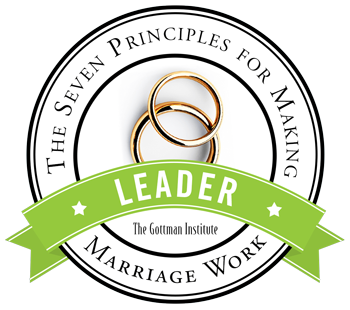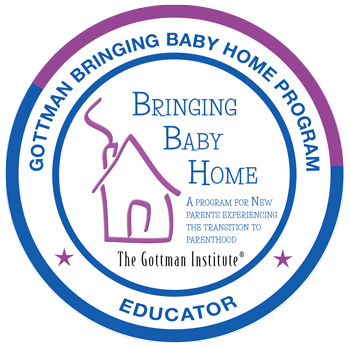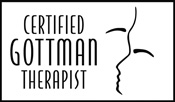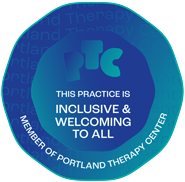 Imagine how good you’d feel if only you could stop:
Imagine how good you’d feel if only you could stop:
- Living a life that revolves around your eating
- Dreading meals with others
- Calling yourself names when and after you eat
- Losing control during a binge
- Over-exercising to try to stay ahead of weight gain or make up for eating something you “shouldn’t have”
- Feeling like a failure over food
- Purging in secret, or hiding stashes of food
Discover how good you can feel with a positive body image.
Eating Disorder Treatment
Dieting
Therapists and eating disorder programs work with you on stopping diets, because depriving the body of nutrients and energy sources is not an effective system for maintaining healthy weight. A therapist who is trained in diet alternatives can help you evaluate what kind of eating habits will be long-lasting and how you can build in the habits, exercise routines and attitudes that will help you feel your best.
Overeating Treatment
Eating disorder counselors can support you in incorporating the changes that you probably already know are good for you, by making them a natural and reliable way of life. Relying on food due to boredom, emotional needs, or well-worn habits is an extremely common problem. Rather than focusing on the past or the causes of your eating habits, your therapist will assist you in developing a plan to move toward the changes you haven’t been able to achieve on your own.
Binge Eating Treatment
Eating disorder clinics are sometimes the best place to address an established binge eating habit. Binge eating disorder doesn’t necessarily require inpatient treatment, however. A therapist who is trained to address binge eating will be able to evaluate the severity of the bingeing behavior and will make sure that any health concerns are properly addressed by a physician or nutritionist working as part of a team.
We offer a confidential and supportive opportunity to re-program the feelings and habits that cause you to struggle with food. While good eating habits and exercise can be healthy, changing disordered eating takes “whole-person” help, so you’re approaching your issues emotionally, working on creating new thinking patterns, and re-learning ways to take real care of your body.
You can find the motivation to make changes happen. Our approach involves actually rewiring your brain with healthy thinking and positive sensations, as well as expressive and arts therapies, so you have many ways to explore and get acquainted with emotions, instead of trying to “stuff or starve” them.
It’s possible to accept and forgive, and to experience compassion toward yourself.
Compulsive Eating Treatment
When you work with our eating disorder counselors who have studied and worked with the major eating disorder programs, you’re in good hands. With a little time and the right support, you will come to find you’ve adopted new attitudes and routines around your eating habits, and food will be in proper perspective in your life; a source of nutrition and enjoyment amidst many other pleasures and pursuits.
Even with severe conditions like obsessive eating disorder, binge eating and bulimia eating disorder, when you work with a specialized eating disorders therapist who has a wide repertoire of techniques and can help you unlock the habits that keep you stuck in the same repetitive behaviors, it is entirely possible to achieve full recovery from an eating disorder.
Eating Disorder Help
When we provide eating disorder treatment, the focus is tying together your feelings and your actions. We may help you with putting emotions into words through talking or writing in a journal.
Eating disorder therapy can also involve planning out your activities to avoid your “triggers,” or the cues that keep you in the habit of using food in unhealthy ways. If you need more intensive daily therapy to help you change habits, we regularly refer to and work with local eating disorder treatment clinics and will coordinate therapy with other providers to make sure the best type of care is available to you. Eating disorder clinics are not for everyone, and we can usually help most people through weekly therapy meetings involving talking and “homework” activities like noticing certain thinking and eating patterns in between sessions.
People with compulsive eating disorders can get very discouraged, but a properly trained eating disorders therapist can use the therapy techniques that help you get back in charge of your life and feel in control- so it’s you, not your eating disorder, that is guiding your way through your life.
Contact us now and we can help you get on the road to eating disorder recovery.








